Chang-rae Lee recommends 6 tales about encountering new worlds
The author and Stanford writing professor recommends works by Henry James, Willa Cather, and more
A free daily email with the biggest news stories of the day – and the best features from TheWeek.com
You are now subscribed
Your newsletter sign-up was successful
Chang-rae Lee's new novel, My Year Abroad, follows a college student as he tries to reset after a wild junket to China. Below, the Stanford writing professor and author of Native Speaker recommends six tales about encountering new worlds.
The Portrait of a Lady by Henry James (1881).
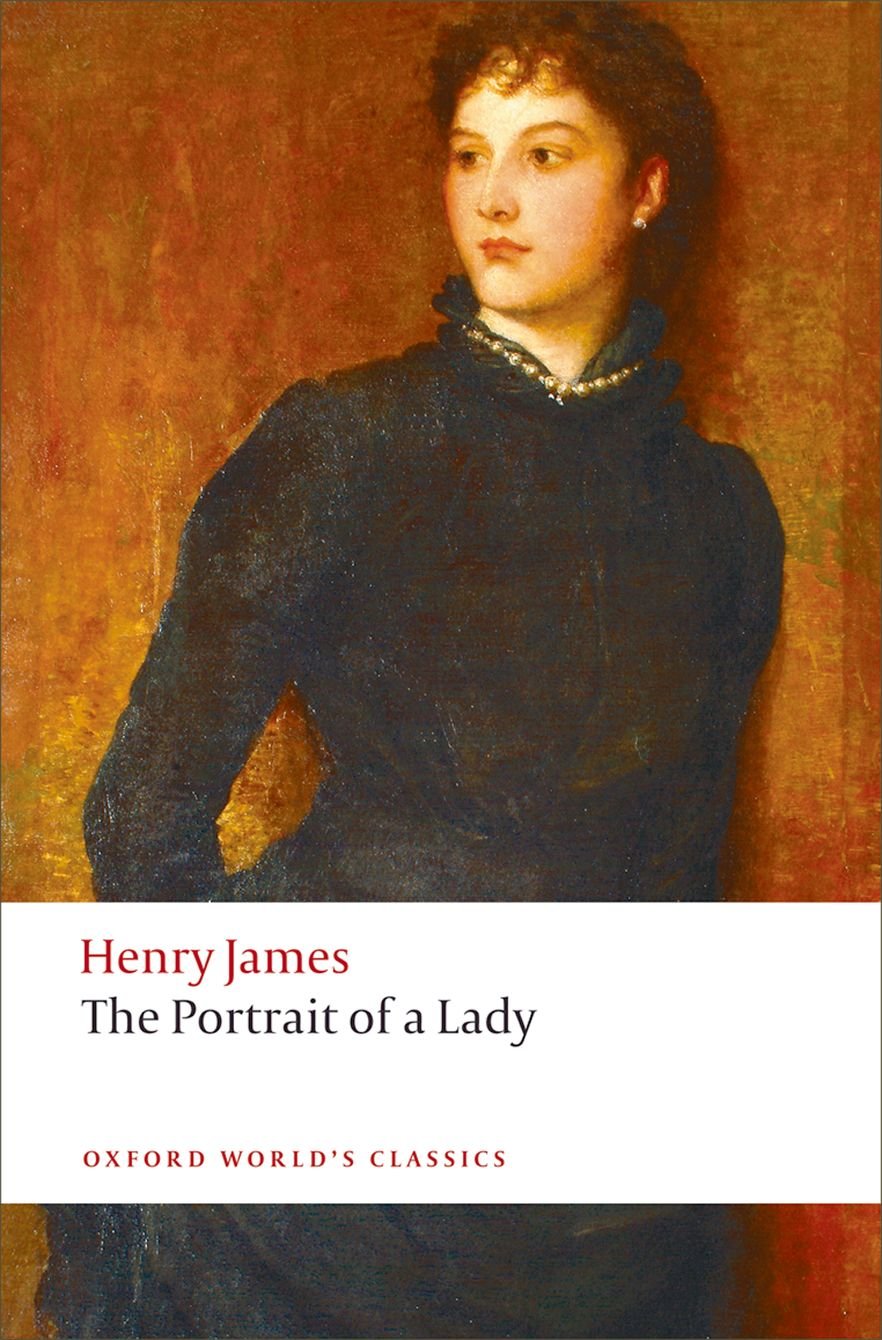
The story of Isabel Archer is a classic tale of an "American innocent" abroad. James' ability to draw out the countless complications of a life, as he learned from Turgenev and achieved in singularly gorgeous prose, makes for a riveting and tragic account of this "certain young woman affronting her destiny" in a culture that she doesn't fully understand or belong to.
The Week
Escape your echo chamber. Get the facts behind the news, plus analysis from multiple perspectives.

Sign up for The Week's Free Newsletters
From our morning news briefing to a weekly Good News Newsletter, get the best of The Week delivered directly to your inbox.
From our morning news briefing to a weekly Good News Newsletter, get the best of The Week delivered directly to your inbox.
Great Expectations by Charles Dickens (1861).
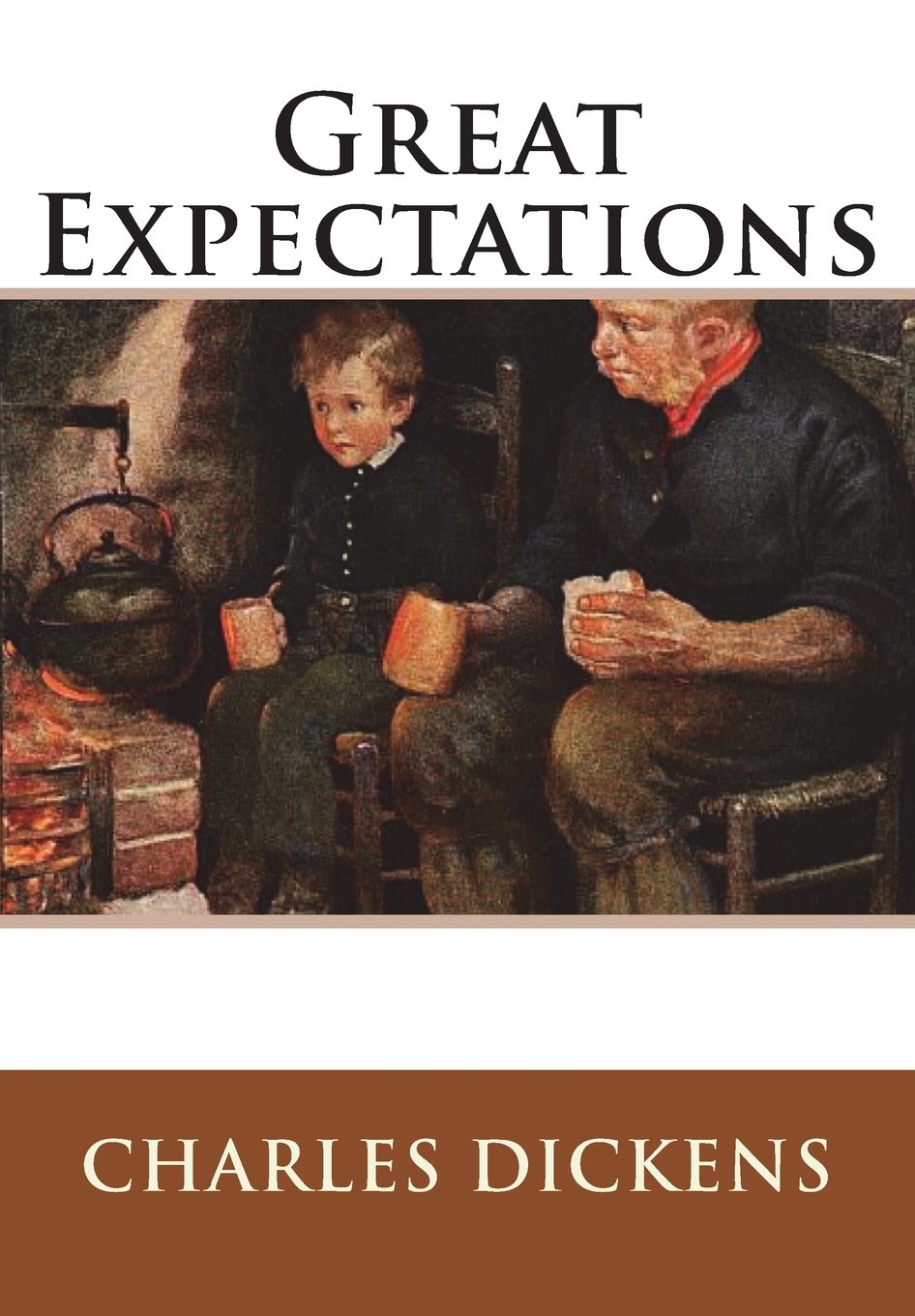
There are few more enchanting narrators than Pip, a poor orphan taken up by the mysterious rich spinster Miss Havisham and her ravishing charge, Estella. I loved this novel of coming into one's world for its episodic tumult, huge cast of unusual characters, and enduring humanity.
My Ántonia by Willa Cather (1918).
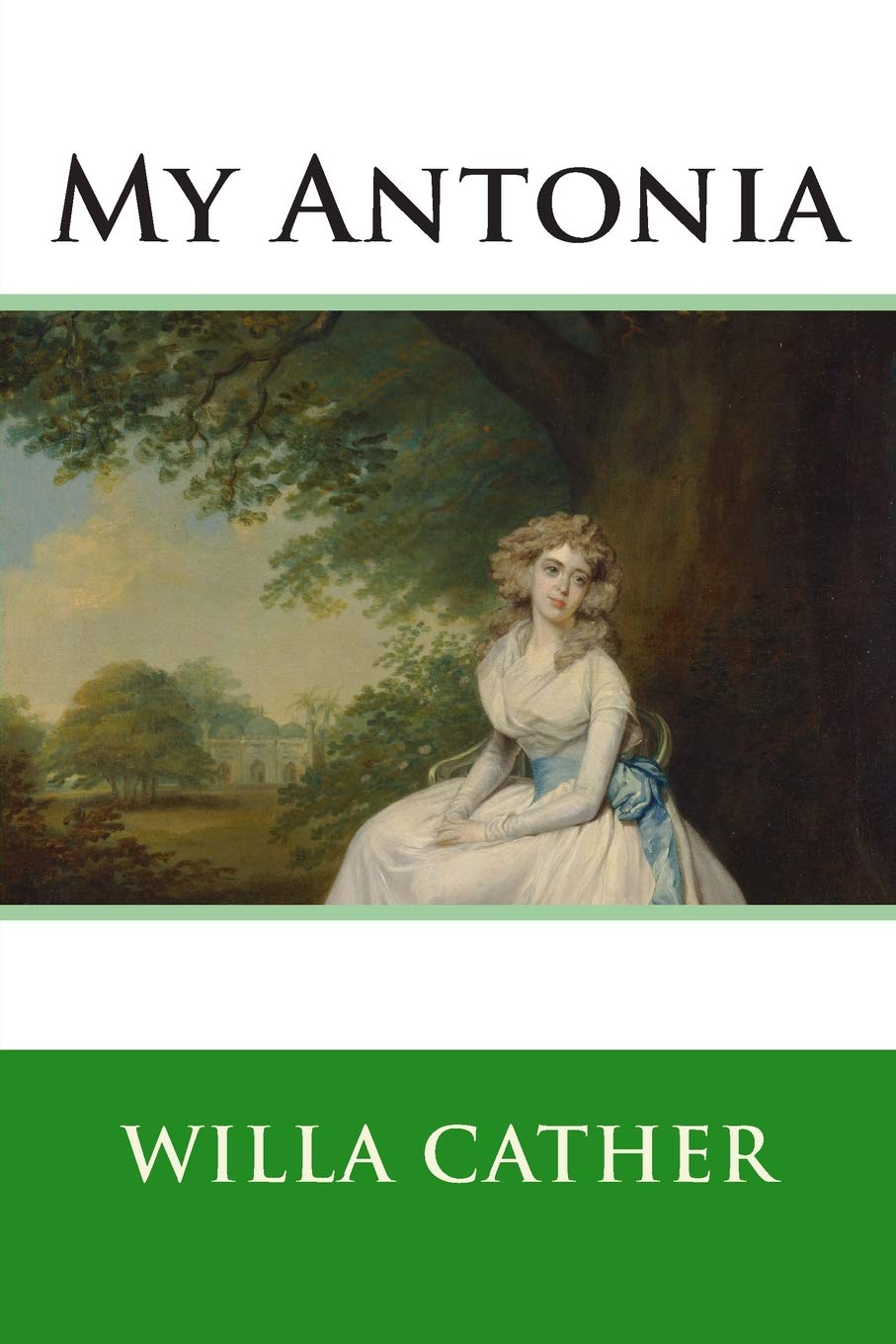
This much-beloved immigrant story struck a deep chord in my own immigrant boy's consciousness. Told by an unassuming observer, it traces the travails of Ántonia Shimerda, a remarkably resilient young woman from Bohemia who with her family arrives to the unforgiving Nebraska plains and somehow forges a place of her own.
A free daily email with the biggest news stories of the day – and the best features from TheWeek.com
The Adventures of Augie March by Saul Bellow (1953).
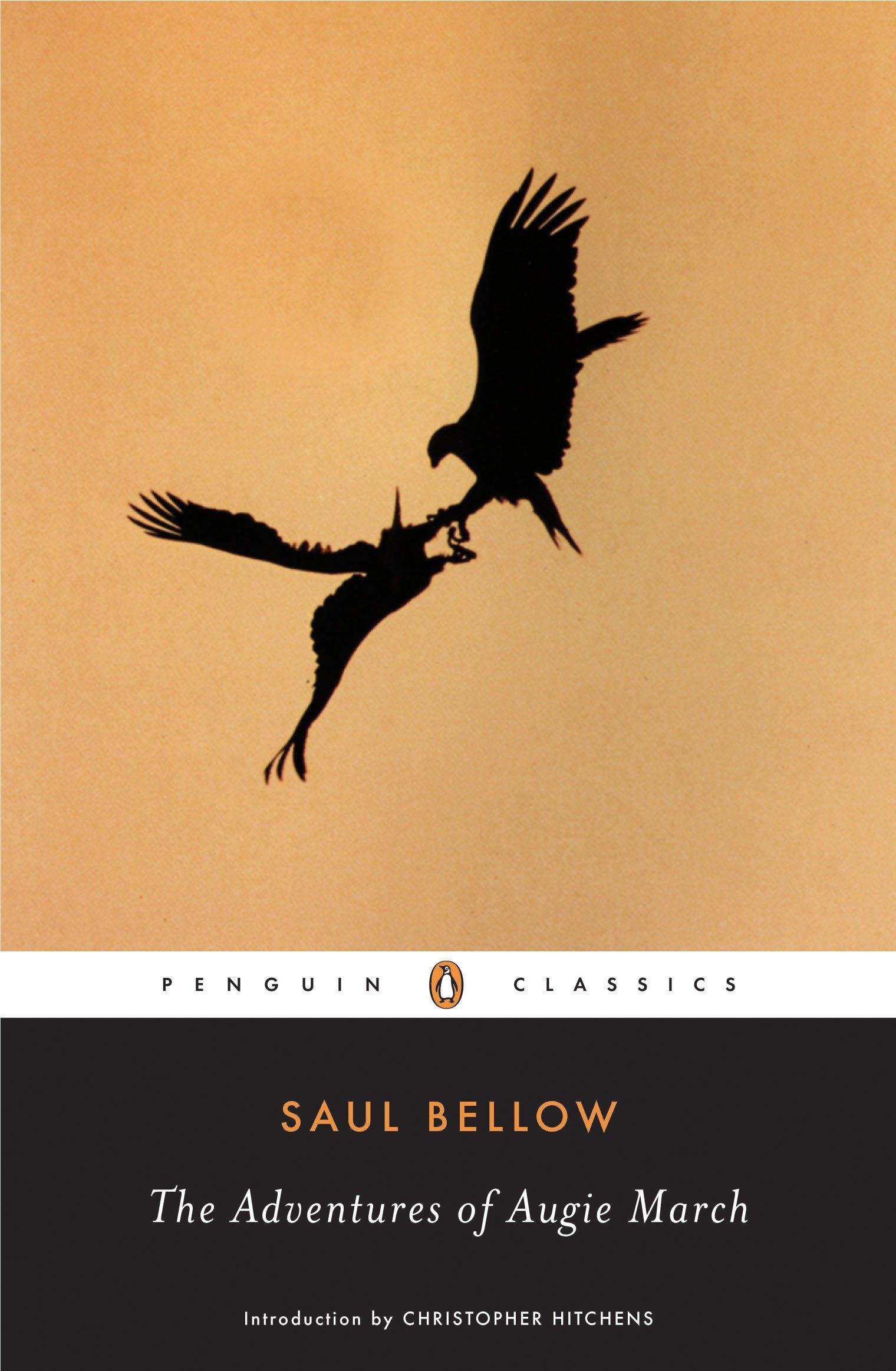
Really every Bellow novel is an exceptional performance, but this early one surely exemplifies the writer's genius for capturing the rich complexity of his characters and their realms in every single sentence. Dense, psychologically revelatory, and always achingly alive, the story of Augie March shows us how life is truly the most brilliant adventure.
The Confessions of Felix Krull by Thomas Mann (1954).
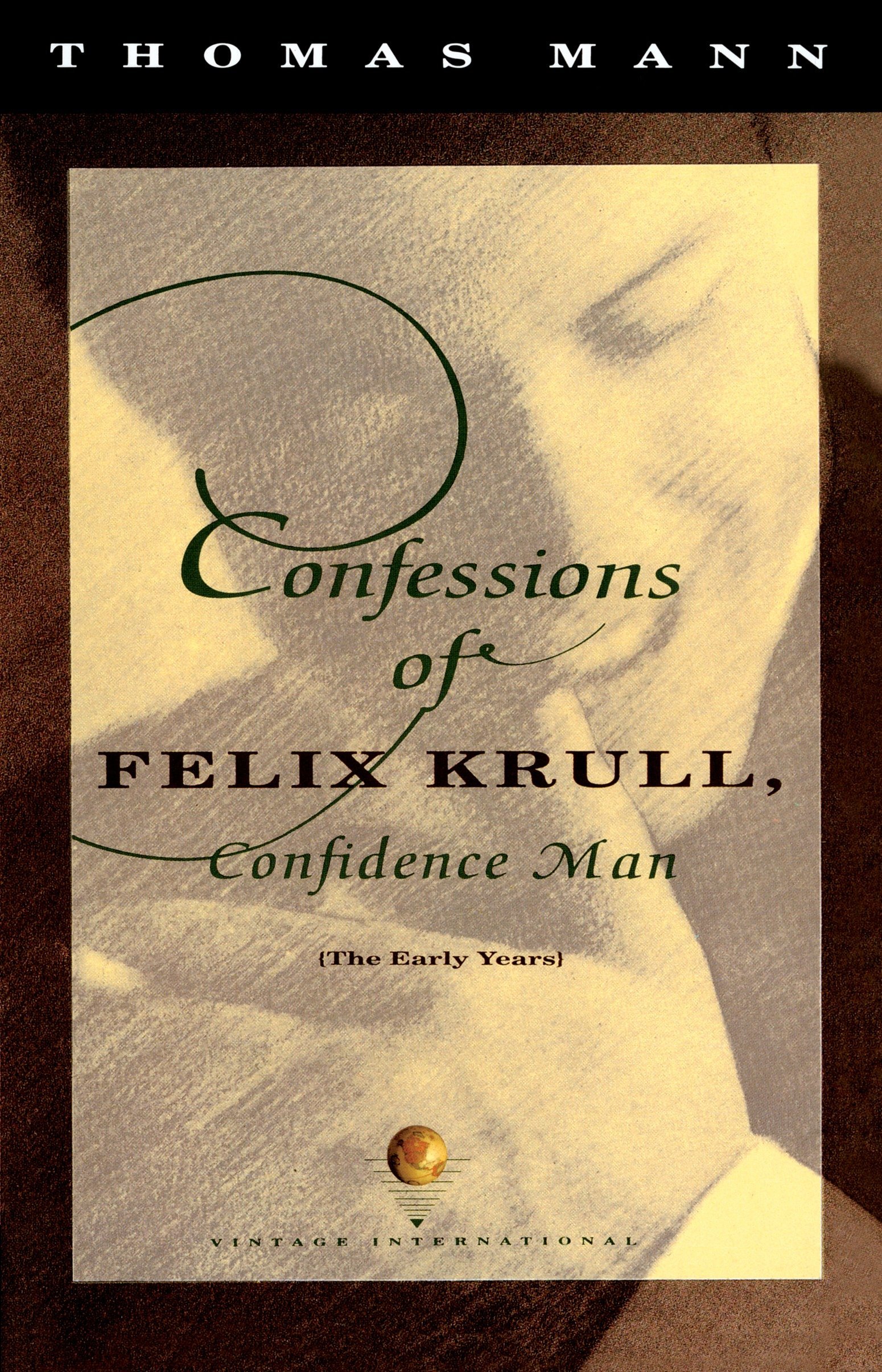
I've always been delighted by the exploits of the "picaro," typically a socially marginal character who by native skill, resourcefulness, and luck upends the established order. In this late novel, Mann fashions a voice that carries the narrative with the energy of its discernment.
Don Quixote by Miguel de Cervantes (1615).
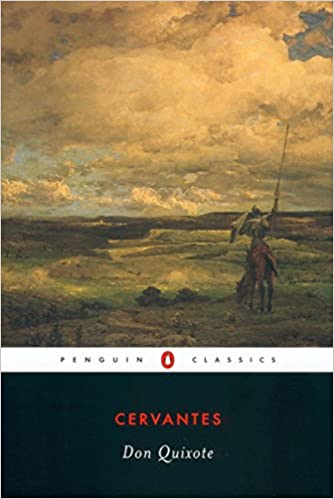
By turns comic, tragic, absurd, and quotidian, this seminal story of search and adventure delivers us to a destination that all great stories do, which is a station of existential wondering: Why do we keep on in this strange and wonderful life, much of which comes from our own imagination and making? Why do we persist?
This article was first published in the latest issue of The Week magazine. If you want to read more like it, you can try six risk-free issues of the magazine here.
-
 How the FCC’s ‘equal time’ rule works
How the FCC’s ‘equal time’ rule worksIn the Spotlight The law is at the heart of the Colbert-CBS conflict
-
 What is the endgame in the DHS shutdown?
What is the endgame in the DHS shutdown?Today’s Big Question Democrats want to rein in ICE’s immigration crackdown
-
 ‘Poor time management isn’t just an inconvenience’
‘Poor time management isn’t just an inconvenience’Instant Opinion Opinion, comment and editorials of the day